| jump_all | jump_back | jump_next | jump_random | fig_id | title | instructor | credits | extra | reserved | class1_subjectcourse | class1_title | class1_meeting | class1_ethnic | class1_gened | class1_breadth | class1_level | class1_honors | class1_credit | class1_classnumber | class2_subjectcourse | class2_title | class2_meeting | class2_ethnic | class2_gened | class2_breadth | class2_level | class2_honors | class2_credit | class2_classnumber | class3_subjectcourse | class3_title | class3_meeting | class3_ethnic | class3_gened | class3_breadth | class3_level | class3_honors | class3_credit | class3_classnumber | class4_subjectcourse | class4_title | class4_meeting | class4_ethnic | class4_gened | class4_breadth | class4_level | class4_honors | class4_credit | class4_classnumber | fig |
|---|---|---|---|---|---|---|---|---|---|---|---|---|---|---|---|---|---|---|---|---|---|---|---|---|---|---|---|---|---|---|---|---|---|---|---|---|---|---|---|---|---|---|---|---|---|---|---|---|---|---|
| all | previous | next | random | 93 | Pharmacy and You | Michael Pitterle, Denise Walbrandt Pigerelli, Amy Zwaska | 4 | Pharmacy 125 | Exploring Pharmacy I | SEM 1: F 8:35–10:30 | 2 | 27228 | Pharmaceutical Sciences 310 | Drugs and Their Actions | LEC 1: TR 11:00–11:50 | Biological Science | Intermediate | 2 | 29663 | 2020spring93 | ||||||||||||||||||||||||||||||
| all | previous | next | random | 94 | Psychology: Exploring the Major, the Science, and Career Options | Melanie Jones | 5 | Psychology 100 | Exploring Psychology | LEC 1: T 4:00–5:15 + DIS 301: T 5:25–6:15 | Social Science | Elementary | 2 | 33254 | Psychology 460 | Child Development | LEC 1: TR 11:00–12:15 | Social Science | Intermediate | 3 | 17210 | 2020spring94 | ||||||||||||||||||||||||||||
| all | previous | next | random | 95 | Health Careers in a Diverse and Digital Work Place | Greg Downey | 6 | Interdisciplinary Courses (L&S) 215 | Communicating About Careers | LEC 1: T 2:30–3:45 + DIS 301: R 2:30–3:45 | Communication Part B | Social Science | Elementary | 3 | 31675 | Gender and Women’s Studies 103 | Women and Their Bodies in Health and Disease | LEC 1: MW 12:05–12:55 + DIS 310: W 3:30–4:20 | Natural Science | Elementary | 3 | 20624 | 2020spring95 | |||||||||||||||||||||||||||
| all | previous | next | random | 96 | Ecological Restoration as Civic Engagement | John Zumbrunnen | 7 | This FIG is open to all students (not just first-year students). Includes a required Spring Break study trip to Puerto Rico. | Political Science 201 | Ecological Restoration as Civic Engagement | LEC 1: MW 2:30–3:45 | Social Science | Elementary | 3 | 34204 | Environmental Studies 113 | Environmental Studies: The Humanistic Perspective | LEC 1: MW 11:00–11:50 + DIS 308: F 11:00–11:50 | Humanities | Elementary | 3 | 26972 | 2020spring96 | |||||||||||||||||||||||||||
| fig |
| description | grid | fig | |
|---|---|---|---|
| PDF version of this page |  Are you considering a possible career in pharmacy? Would you like to learn more about contemporary pharmacy practice and postgraduate opportunities? In Pharmacy 125: “Exploring Pharmacy I” we will consider:
Class time will include regular discussion and integration of the linked classes’ content as well as use of case studies, guest instructors, readings, videos, and reflective assignments. First-year pharmacy students will serve as FIG mentors in the class. The class will be reflective and interactive in nature to develop communication, critical/analytical thinking, and problem-solving skills. Students will work on assignments and projects both individually and in small groups and will present information to the larger class to enhance teamwork and communication skills. Pharmaceutical Sciences 310: “Drugs and Their Actions” — Introduces you to the biological effects of drugs on human health. Emphasis on how drugs, especially those used in diseases of major human health significance, act in the body. Drugs that are abused also will be covered. |
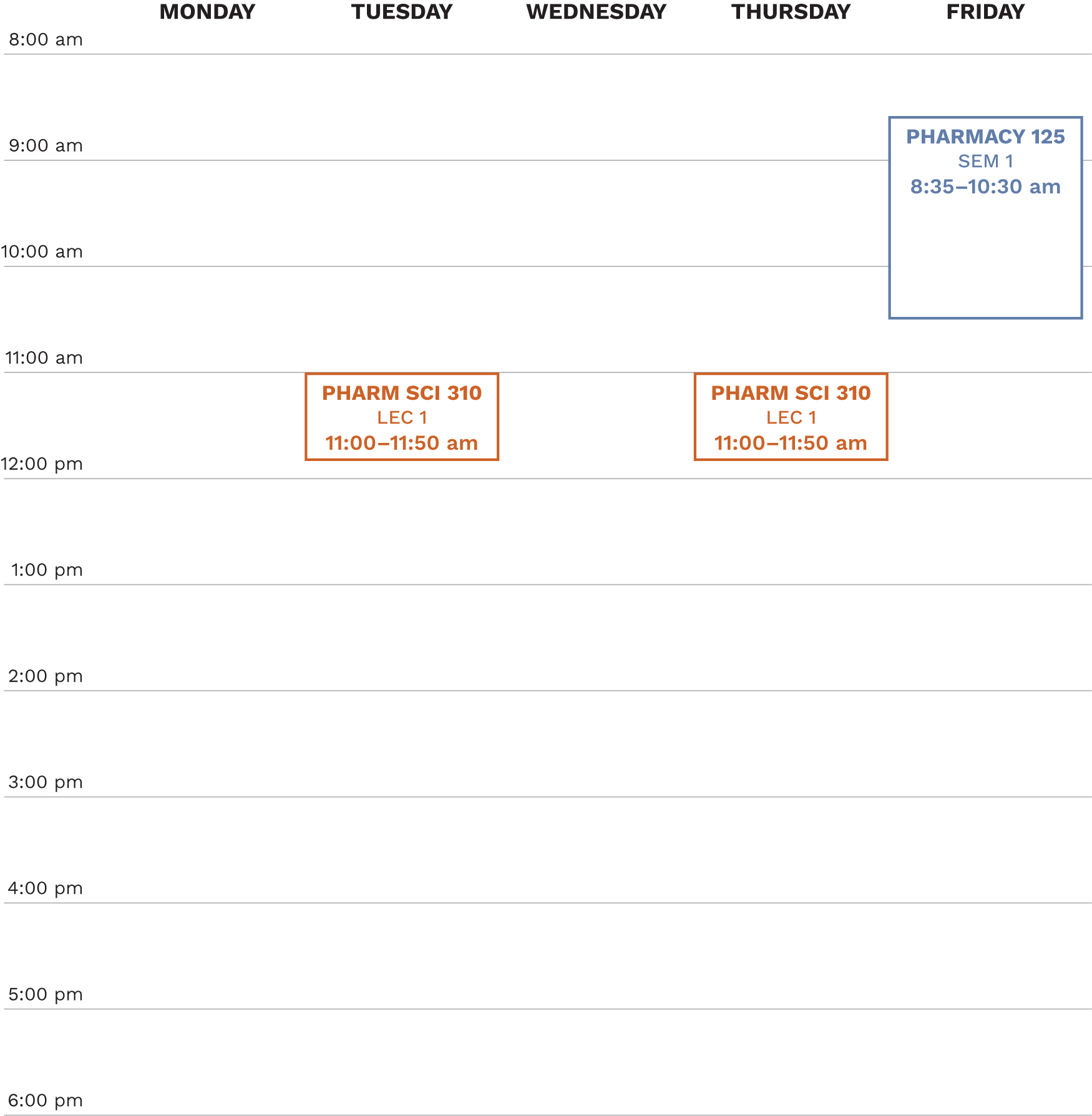 |
2020spring93 |
| PDF version of this page | 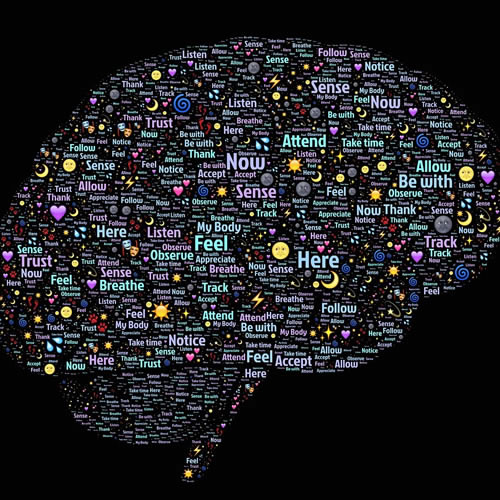 This FIG is intended for students who are considering a major in Psychology and have already completed Psychology 202: “Introduction to Psychology.” In the main FIG seminar, Psychology 100: “Exploring Psychology,” you will be introduced to the psychology major, with special emphasis on exposure to research in the Department of Psychology, as well as early career exploration. You will have the opportunity to meet and interact with distinguished scholars in the field of psychological science and learn about their work. We will consider psychological science through multiple lenses, including such issues as social justice, poverty, psychopathology, and disabilities. We will also address both non-humans and humans across the full age span, from prenatal development to aging. Our goal will be to develop critical thinking skills, question how conclusions are drawn, and understand how data are used to provide insight into important societal issues. Students will learn how to get involved in research here at UW–Madison and how to explore careers in psychology, learning the steps needed to prepare for their career search (e.g. creating LinkedIn profiles, Handshake, resume building, and the processes used to learn about careers). These skills will serve as a foundation for future exploration. The linked intermediate level course, Psychology 460: “Child Development,” will allow us to explore careers from a developmental perspective as well. Biological and behavioral foundations of human development, with an emphasis on experiments and data-driven approaches. Topics will include prenatal development, behavior genetics, motor development, perceptual development, language development, cognitive development, emotional development, social development, and atypical development. |
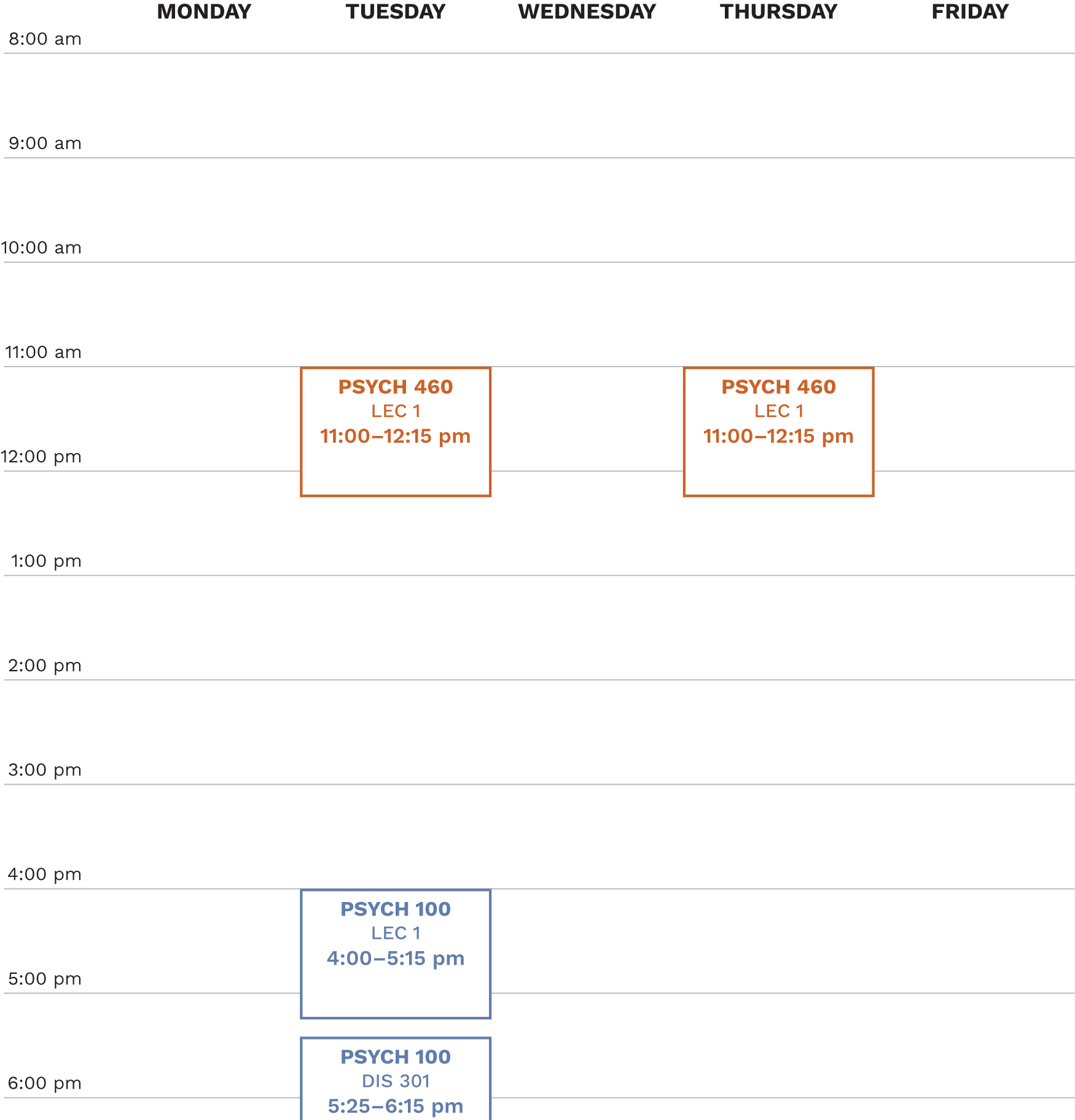 |
2020spring94 |
| PDF version of this page | 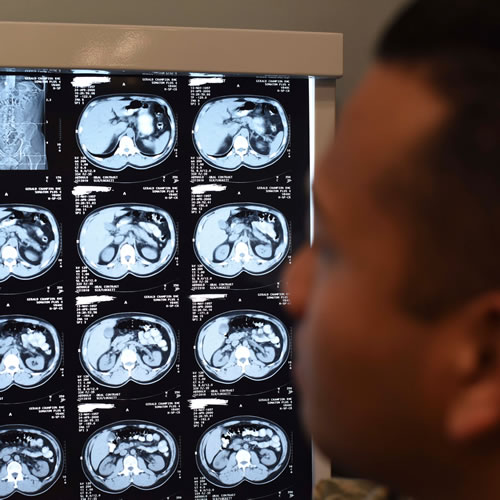 The main FIG seminar, Interdisciplinary Courses (L&S) 215: “Communicating about Careers,” explores the meaning and value of a liberal arts and sciences education for careers in the global, technological, and multicultural workplace of the 21st century—regardless of your major. Through a series of individual and collaborative research and communication assignments that meet the learning objectives of the Communications B general education requirement, you will learn to critically analyze the career and education implications of a diverse and digital workplace, and to critically reflect on your own strengths and values as you prepare to connect your college work with lifelong career success. The special discussion section associated with this FIG will focus specifically on careers in the health professions. The content of the linked course will also inform our understanding of this topic. Gender and Women’s Studies 103: “Women’s Bodies in Health and Disease” — This class examines both physiological and social processes relating to gender and health across the lifespan among cisgender, transgender, and non-binary individuals. Examples of topics include hormonal processes, reproductive anatomy and physiology, sexuality, sexual pleasure, chronic illness, depression, and sexual violence. A primary objective is for students to connect information about their bodies and personal health to larger social and political contexts. In particular, the class considers how health and health disparities are shaped by multiple kind of social inequalities, particularly inequalities based on gender. |
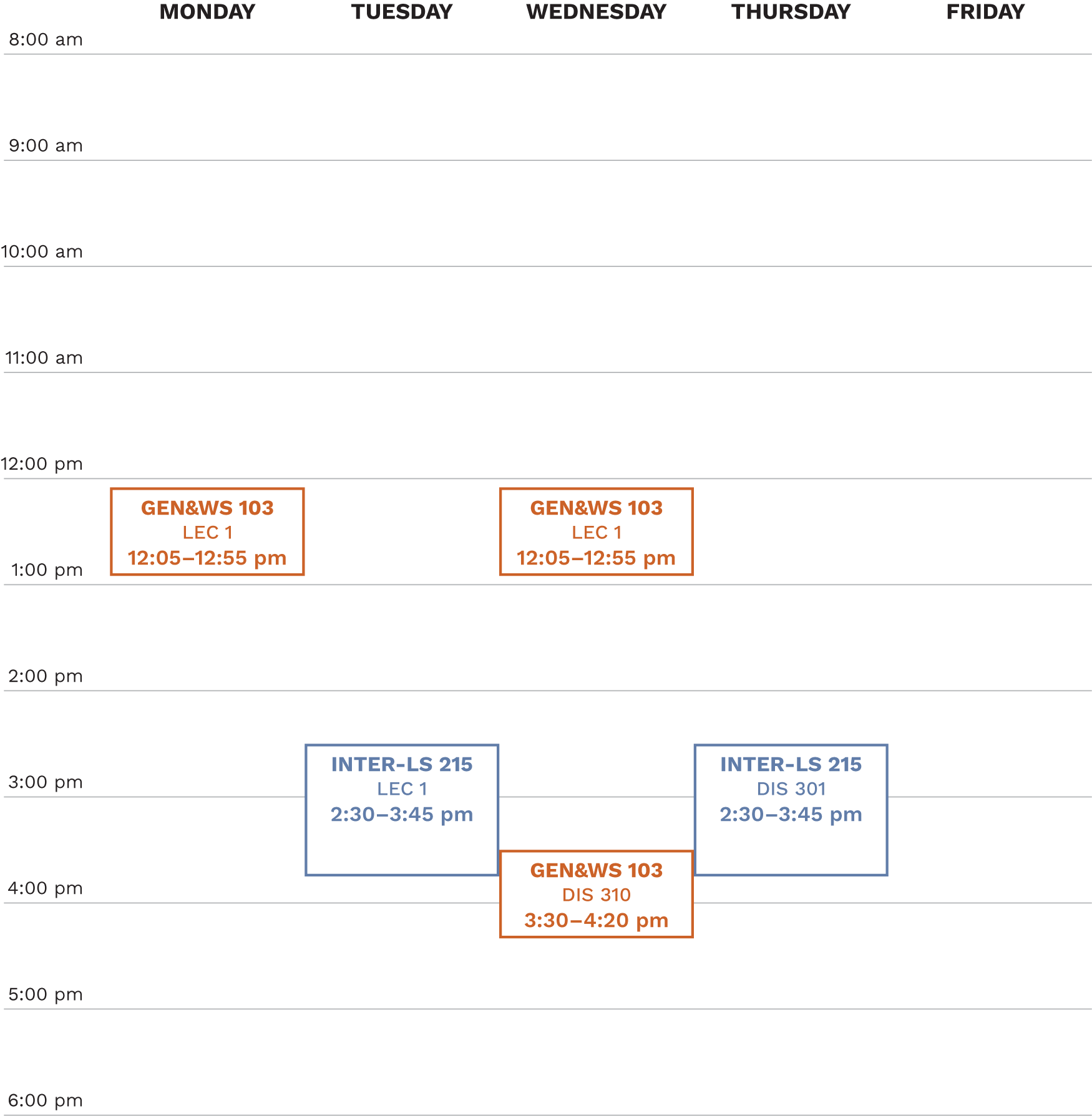 |
2020spring95 |
| PDF version of this page | 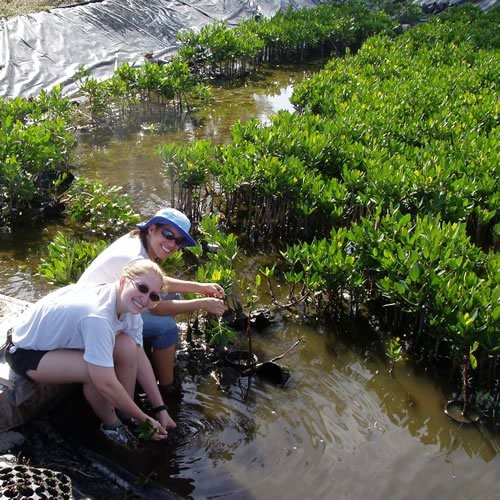 This FIG considers what citizenship means in the context of contemporary environmental challenges. The main FIG seminar, Political Science 201: “Ecological Restoration as Civic Engagement,” will explore ecological restoration practices as a contemporary modeof civic engagement. In an accompanying Spring Break Study Away experience, you will work alongside local residents in sand dune- and mangrove-restoration projects on the northern coast of Puerto Rico. To prepare for this experience, the first half of the class will consider theoretical arguments about citizenship; engage with practices of ecological restoration as a way to deepen our understandings of environmentalism and ecology; review the complexities of the category of citizenship as it applies in Puerto Rico. Following spring break, the course will connect students with local ecological restoration efforts. Because the Study Away component in Puerto Rico is central to this course, it is a required component of this FIG. Scholarships will be available to help offset the cost of participation. All participants will receive an additional credit hour (for a total of 7) for completing the Study Away component of this FIG. The linked Environmental Studies class will further inform our exploration of the FIG topic. Environmental Studies 113: “Environmental Studies: The Humanistic Perspective” — This course examines the following questions: What is “The Environment”? How are some “environments” rendered as “problems” in Environmental Studies? How do we understand the roots of global “environmentalisms” in terms of difference: among persons, between groups, and with respect to nonhumans? Starting with the idea that what is “environmental” are relations of the human and nonhuman, this class offers a global perspective on environmental humanities, introducing fields like philosophy, ethics and religion, literature, fine arts, history, and anthropology. Framing foundational Anglo-American perspectives like those of “nature” and the “post-human,” you will master key skills such as comparison, to answer fundamental questions about diverse environmental experience and expression worldwide. |
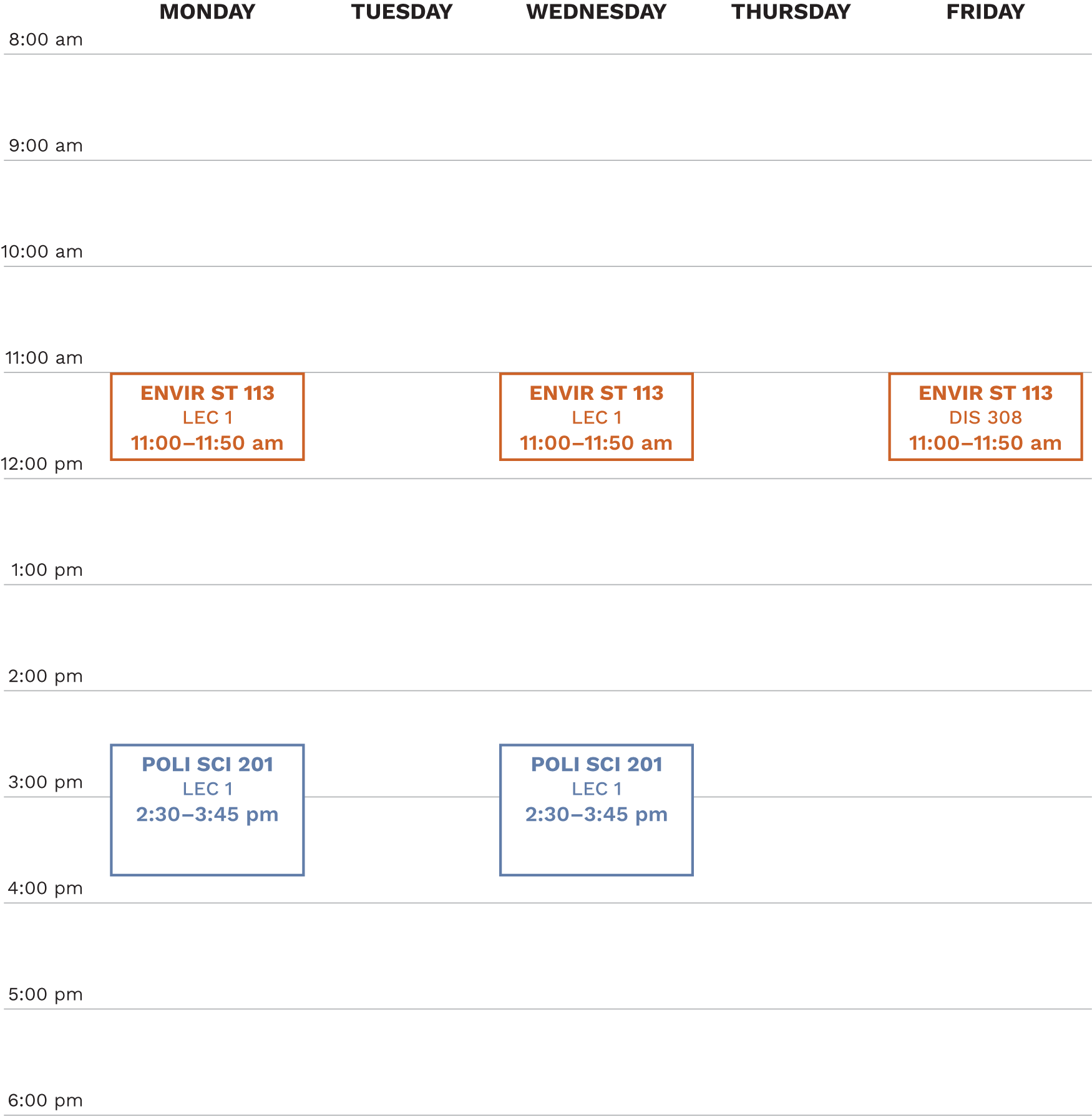 |
2020spring96 |
| description | grid | fig |